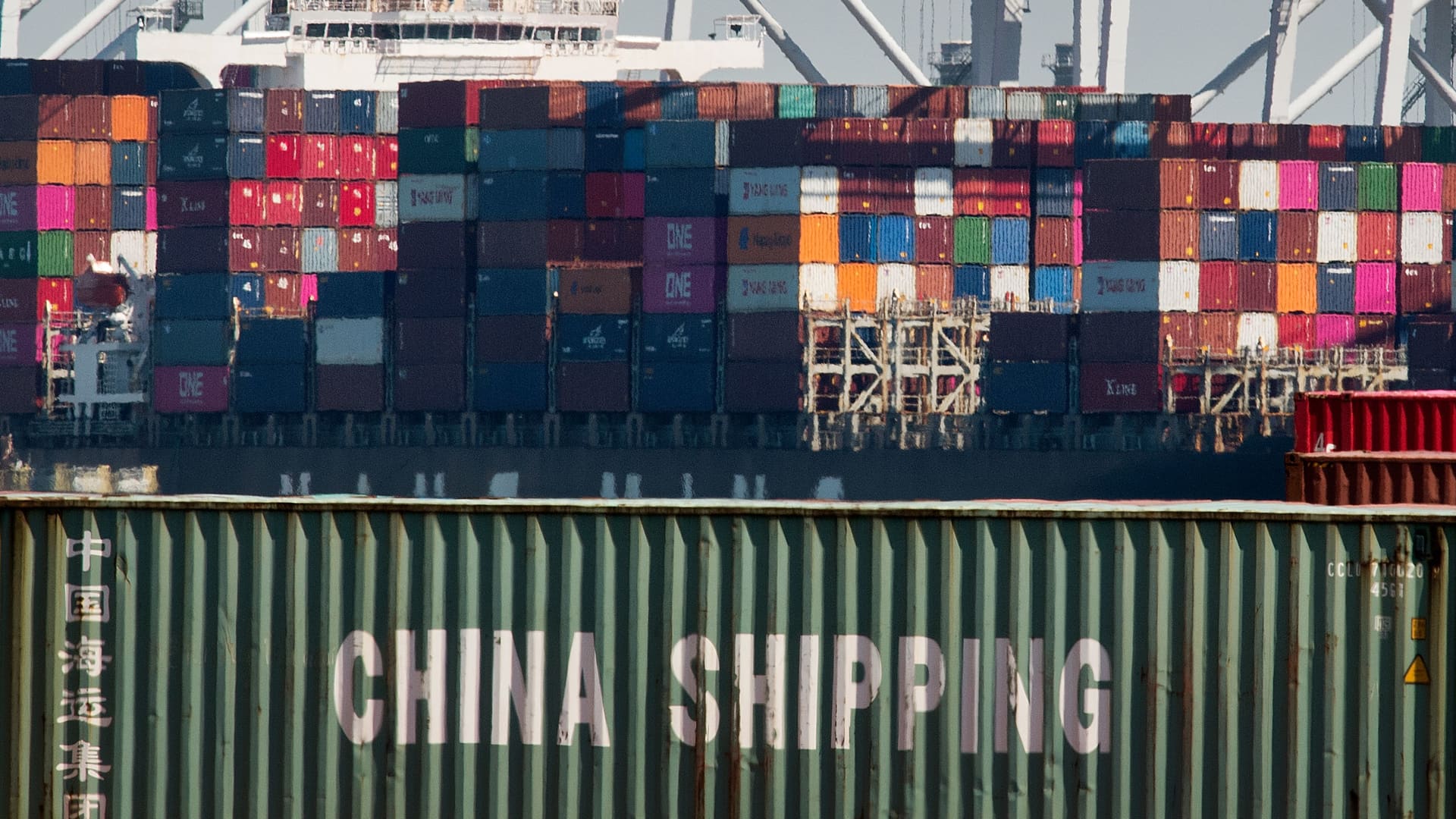WASHINGTON — Labor unions, domestic manufacturers, business associations and other interest organizations on Wednesday announced a bipartisan coalition to target an import loophole allowing billions of un-taxed goods into the U.S.
“The coalition we have assembled is a testament to the mounting pressure to close the de minimis loophole,” Rep. Earl Blumenauer, D-Ore., said. The ranking member of the House Ways and Means Subcommittee on Trade is working in conjunction with the new Coalition to Close the De Minimis Loophole.
The group will call attention to a so-called “de minimis” provision of Section 321 of the Tariff Act of 1930, which waives import tariffs for shipments with a fair retail value of less than $800.
“De minimis is not just a threat to American businesses and consumers, as if that weren’t enough, but it is increasingly contributing to the fentanyl crisis ravaging our communities,” Blumenauer added. “It is past time for Congress to act. We will not take ‘no’ for an answer.”
The announcement comes only days after Rep. Mike Gallagher, R-Wisc., chair of the House Select Committee on the Chinese Communist Party, released a statement denouncing an increase in de minimis imports during FY ’23-’24, according to data received from U.S. Customs and Border Protection.
“According to CBP, more than 485 million de minimis shipments have already entered the United States in FY ’24, on top of the 1.05 billion shipments that entered tax-free under de minimis rules in 2023, itself a shocking 53% increase from 2022,” Gallagher said.
“No less than 94% of all import transactions now enter the U.S. through de minimis rules, accounting for 90% of all illegal narcotics, agricultural goods, and counterfeit seizures by customs,” he added.
CBP said it processed over 1 billion de minimis shipments in FY ’23, according to a report last modified on March 1. The agency has not responded to a request for comment from CNBC on FY ’24 data.
The coalition is backing bipartisan legislation led by Blumenauer and cosponsored by Rep. Neal Dunn, R-Fla., a member of the House CCP Committee; and Sens. Sherrod Brown, D-Ohio and Marco Rubio, R-Fla., to stop non-market economies — countries that misrepresent the fair value of their merchandise — from exploiting the loophole and to require CBP to collect more data on the shipments.
The bill was referred to the House Ways and Means Committee in June.
“Anytime we have a situation where we have imports that aren’t paying tariffs, aren’t paying any duties, and by the way, often come from countries that subsidize that production; this is a huge advantage, an unfair advantage, against American production and this must stop,” Dunn told reporters during a Wednesday press conference.
Reps. Dan Bishop, R-N.C., and Rosa DeLauro, D-Conn. are also working with the coalition.
A June House CCP Committee report tied Singapore-based online retailer Shein and Temu, which is owned by Chinese parent company PDD Holdings, to over 30% of de minimis imports shipped daily to the U.S. Shein filed in November to go public in the U.S., potentially expanding its reach into the Western market.
The company has been valued at over $66 billion according to a November report, while PDD reported third-quarter revenue of $9.44 billion that month.
Domestic competitors, meanwhile, are comparatively struggling under current import laws, according to Kim Glas, president and CEO of the National Council of Textile Organizations.
“Our industry has lost astonishingly 10 plants in five months as a result of the de minimis loophole,” Glas told reporters. “De minimis is not just a textile issue, de minimis is a wildfire out of control, killing our manufacturing sector and jobs, destroying local communities and facilitating illegal, illicit and dangerous products into the U.S.”
The coalition’s other 24 members include the AFL-CIO, the Alliance for American Manufacturing and the Coalition for a Prosperous America.
Read the original article here
